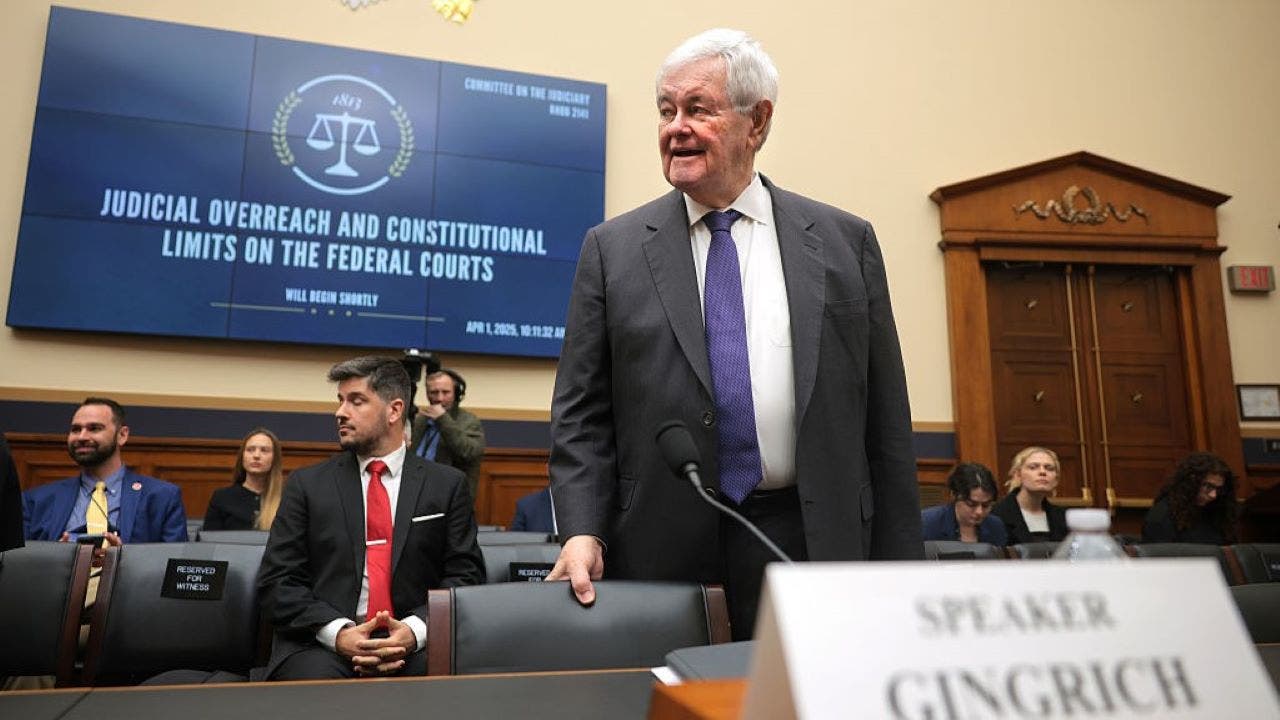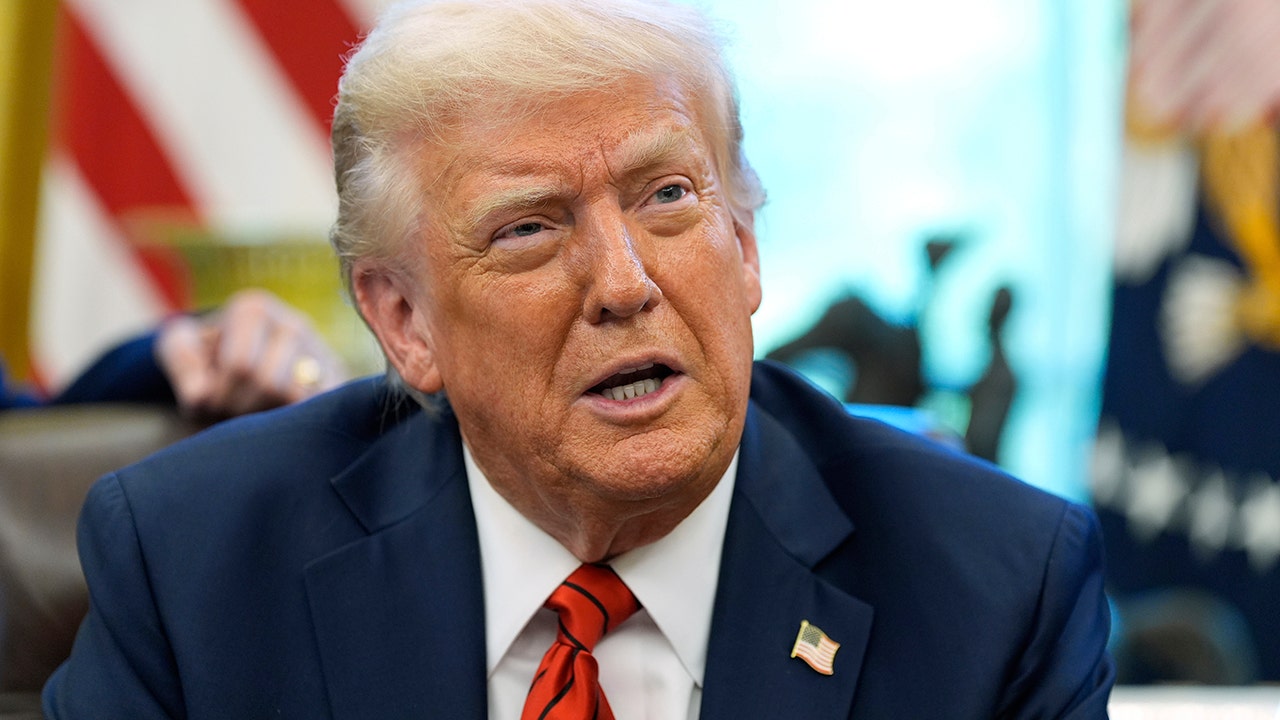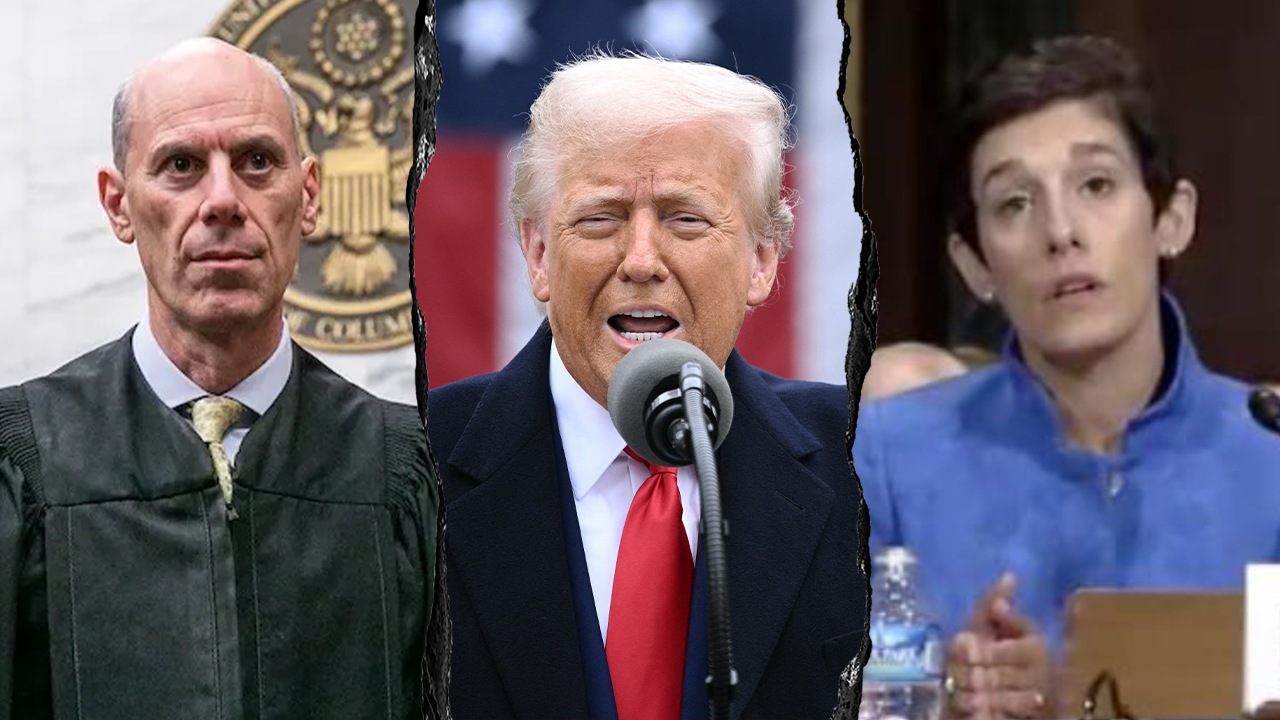Gingrich accuses judges of ‘coup d’etat’ against Trump

Former Speaker of the House Newt Gingrich condemned the wave of federal judges blocking President Donald Trump’s agenda as a “judicial coup d’etat” during a House Judiciary subcommittee hearing focused on “judicial overreach” by U.S. district court judges.
Gingrich highlighted that the vast majority of judges issuing injunctions against Trump’s executive actions have been appointed by Democrats, raising concerns about a potential partisan bias in the judiciary system. He emphasized that the American public’s confidence in the courts could be undermined by the apparent political alignment of these judges.
During the hearing, Rep. Tom McClintock, R-Calif., pointed out that 92% of judges issuing blanket injunctions against the administration were appointed by Democrats, suggesting a partisan tilt in their decisions. Gingrich agreed, stating that the unprecedented number of nationwide injunctions from judges with similar ideological backgrounds indicated a coordinated effort to thwart President Trump’s agenda.
Describing the situation as a “judicial coup d’etat,” Gingrich criticized the judges for overstepping their bounds and effectively acting as “alternative presidents.” He argued that allowing individual judges to obstruct the President’s policies posed a threat to national security and governance.
Gingrich proposed that Supreme Court Chief Justice John Roberts intervene to streamline the appeals process for such rulings, ensuring that they could be swiftly resolved by the highest court. He also called for measures to prevent judges from engaging in “judge shopping” and micromanaging the executive branch.
At the center of the controversy was District Judge James Boasberg, who sought to prevent the Trump administration from deporting gang members to El Salvador. Other judges have issued injunctions against the administration’s efforts to streamline government operations, prompting concerns about judicial activism.
House Speaker Mike Johnson, R-La., met with Republican judiciary committee members to discuss potential responses to judges like Boasberg. Ideas included expediting the appeals process, exerting congressional oversight over the judiciary’s budget, and limiting the ability to choose specific judges for cases.
While some conservatives advocated for impeachment proceedings against judges they deemed abusive, House Republican leaders favored legislative avenues over such drastic measures. The focus was on addressing judicial overreach through strategic legislation rather than resorting to impeachment.
In conclusion, the issue of federal judges obstructing President Trump’s agenda was a significant concern for Gingrich and other lawmakers. The debate highlighted the need for reforms to ensure judicial impartiality and prevent political bias from influencing court decisions. As the judiciary continues to play a crucial role in shaping national policies, the balance between judicial independence and accountability remains a key focus for legislators and legal experts alike.




